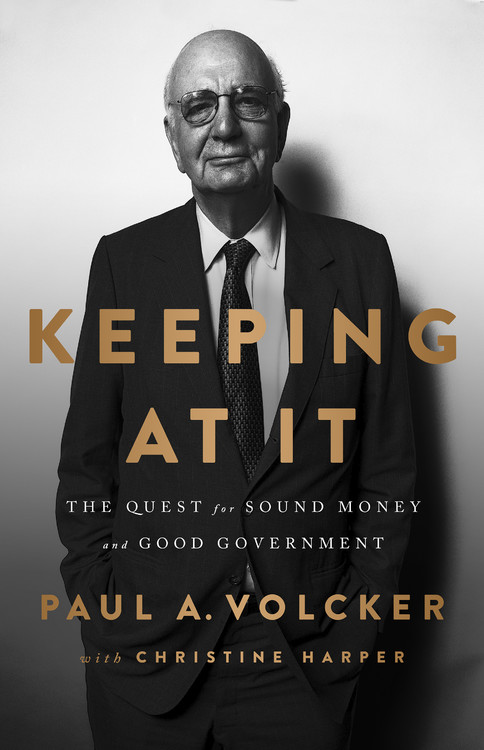

Even so, he lacked strong intellectual commitments. He was also a seasoned economic policymaker: he had run the Federal Reserve Bank of New York and served in the Treasury department under three presidents. He was familiar with the debates progressing within academia: he had studied economics extensively (though he never finished his Ph D, for which he blames his penchant for procrastination). Mr Volcker’s memoir suggests the chairman saw his inflation-fighting efforts in a very different light, however. The more trusted the central bank, the easier the task. When a boom or a slump pushed inflation away from the target, they should act to prevent that deviation from influencing expectations and leading to higher inflation or unemployment. Central banks should stabilise the economy by anchoring policy to some nominal variable (most ended up targeting a low rate of inflation). Once the Fed’s actions persuaded people that future inflation would be lower, workers moderated their wage demands, and firms their price rises, without being forced to do so by a 1930s-style slump.Ī new academic synthesis arose from this experience. Monetary policy worked in part through its influence on people’s expectations of price rises. Though the economy did shrink, the downturn was milder than Keynesians had feared. It showed that tight money could indeed bring inflation down. Among all but a few holdouts it put to rest the notion that monetary policy was powerless. Mr Volcker’s disinflation settled several disagreements at a stroke.

Those of the rational-expectations school-which argued that policy must contend with people’s rapidly shifting views of the future-doubted that monetary policy could affect the real economy at all. Some economists thought inflation was rooted in cost pressures that required structural remedies, such as reforms to weaken monopolies and labour unions. Other camps doubted monetary policy mattered much. Economists of a Keynesian bent thought tighter money could reduce inflation, but only by inducing a severe depression. The monetarist disciples of Milton Friedman argued that inflation was “always and everywhere a monetary phenomenon”, reflective of changes in the money supply that could be managed by the central bank. On the eve of Mr Volcker’s tenure the academic field was riven by arguments over why inflation crept ever higher and what should be done about it.

The recessions and disinflation of the early 1980s proved a watershed both for macroeconomics and the practice of central banking.


 0 kommentar(er)
0 kommentar(er)
